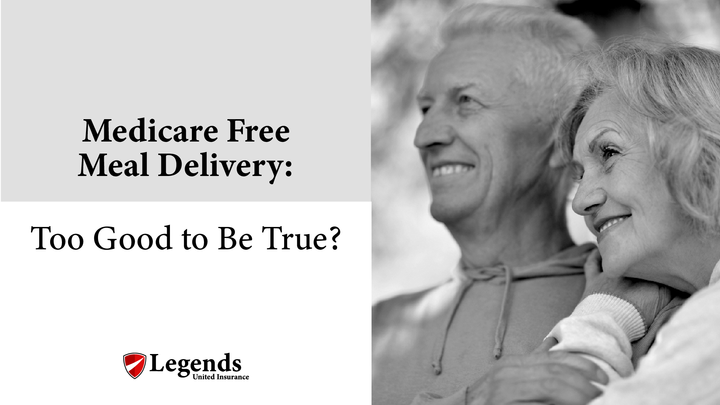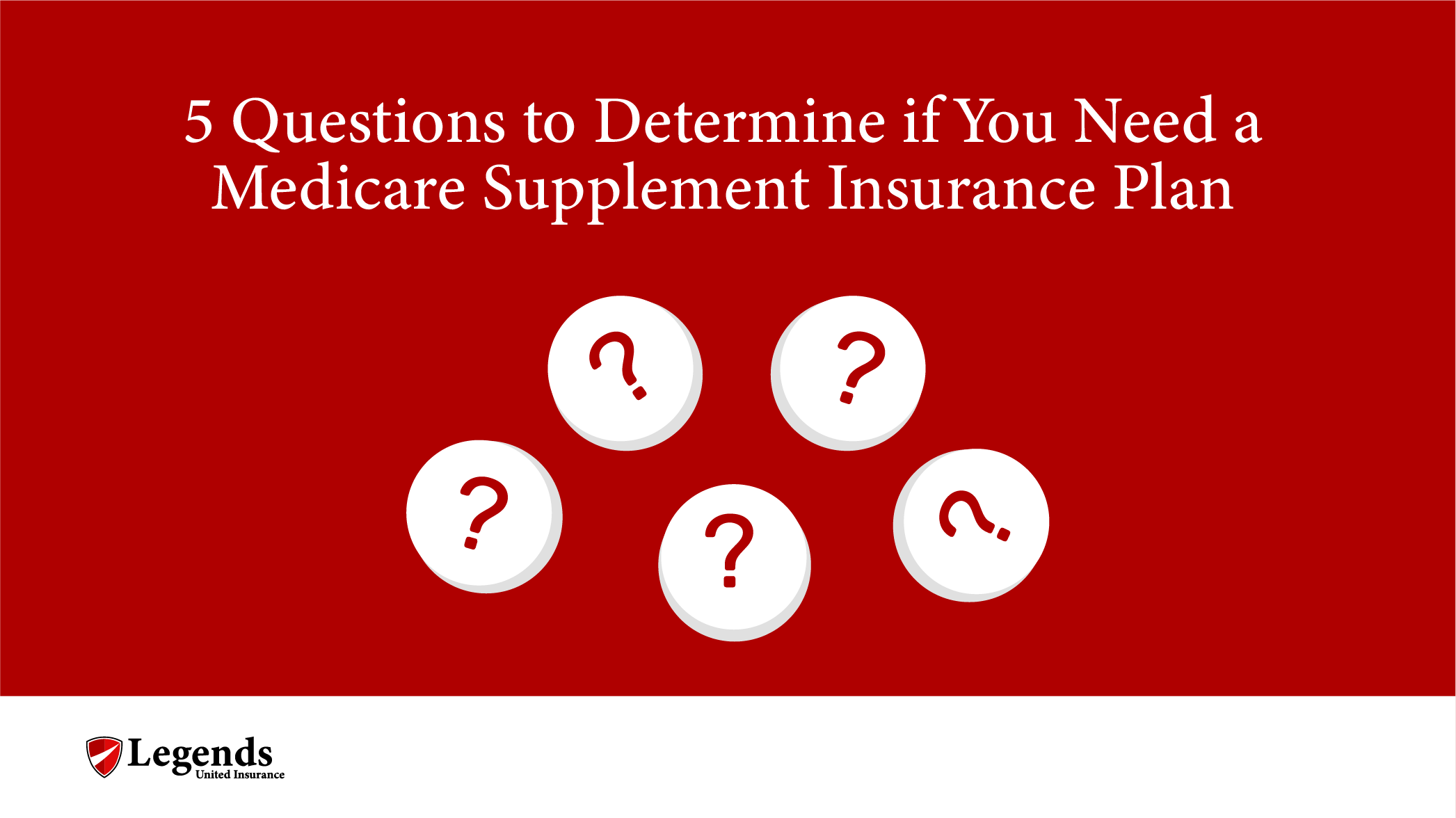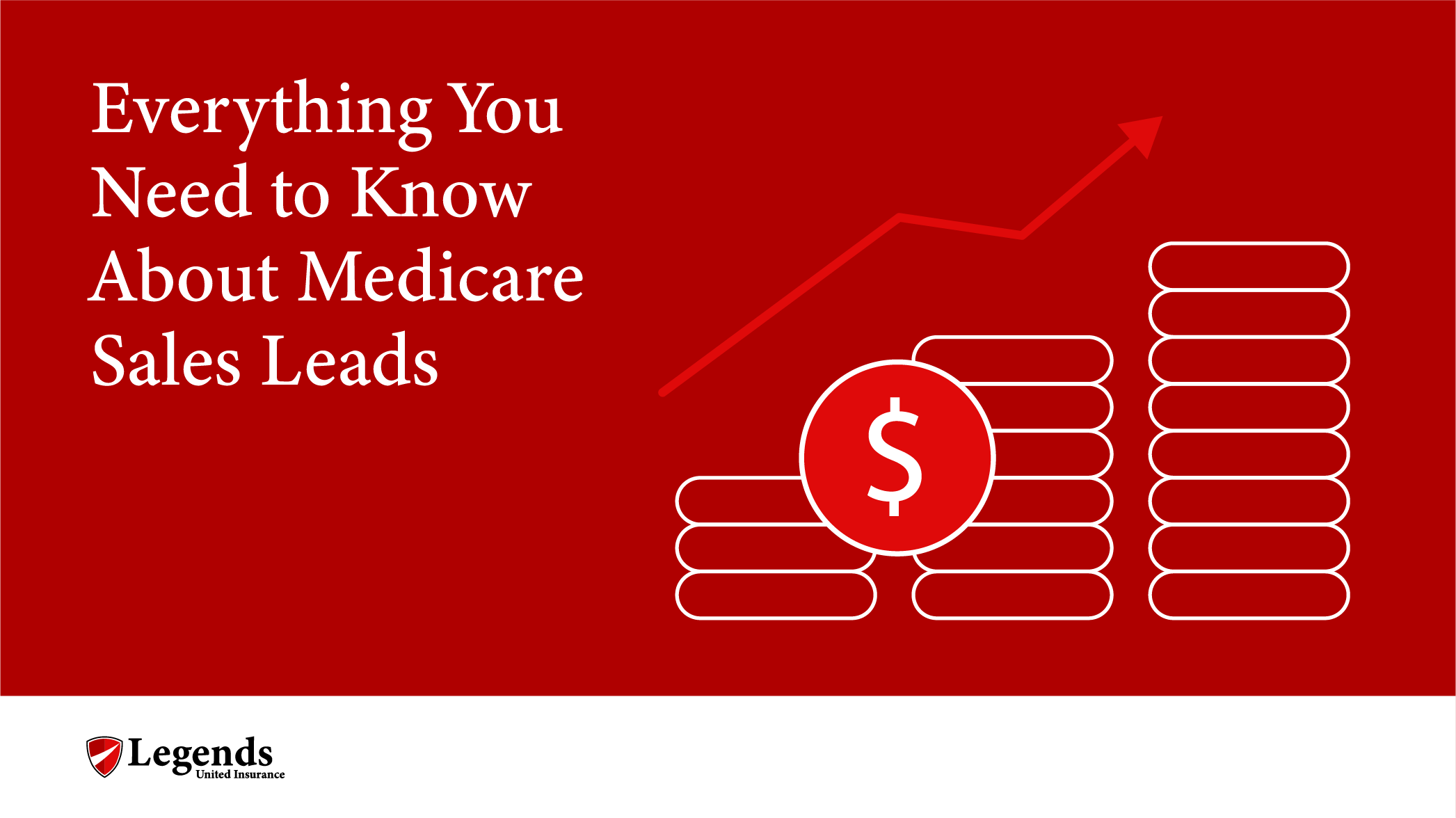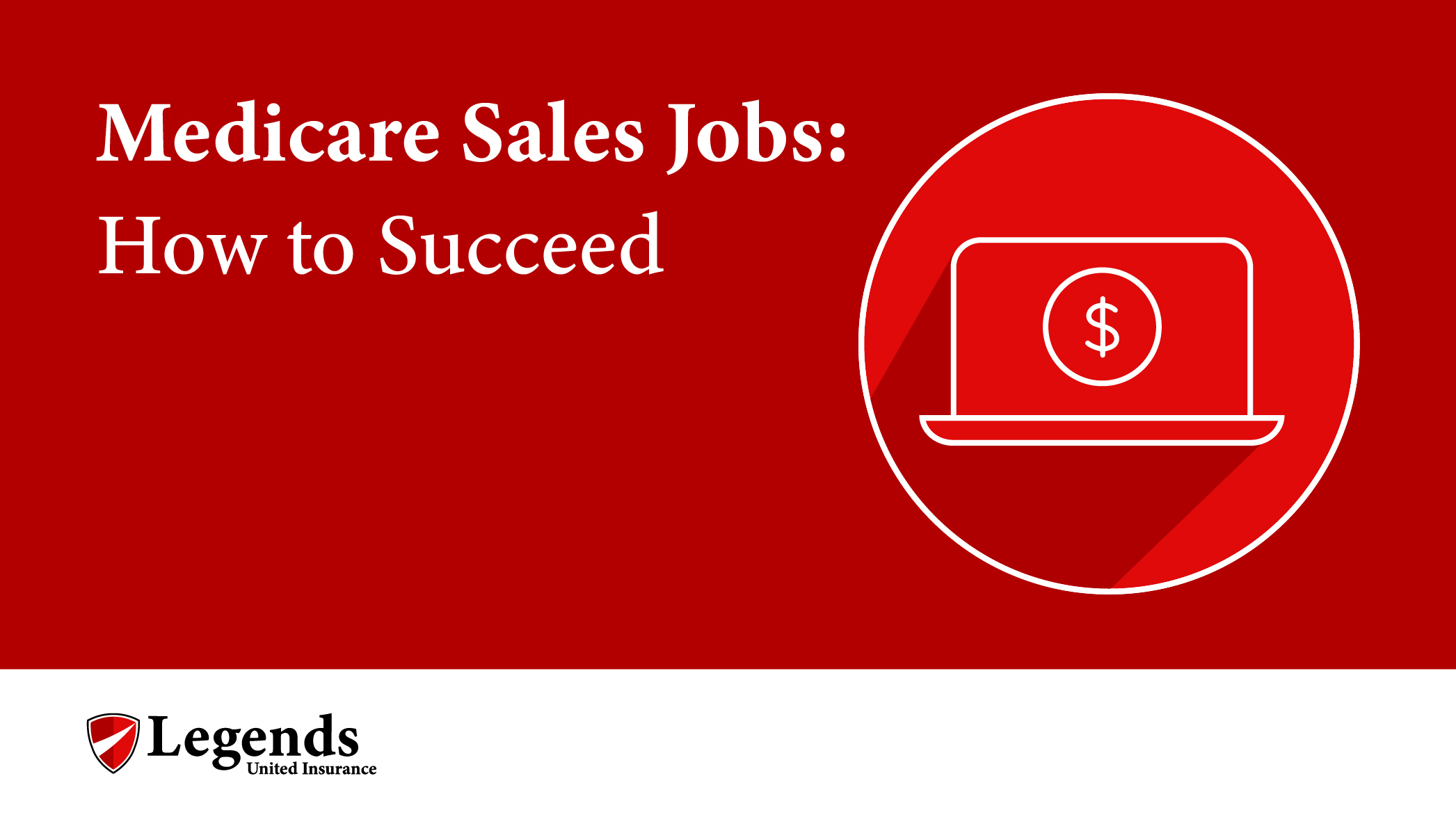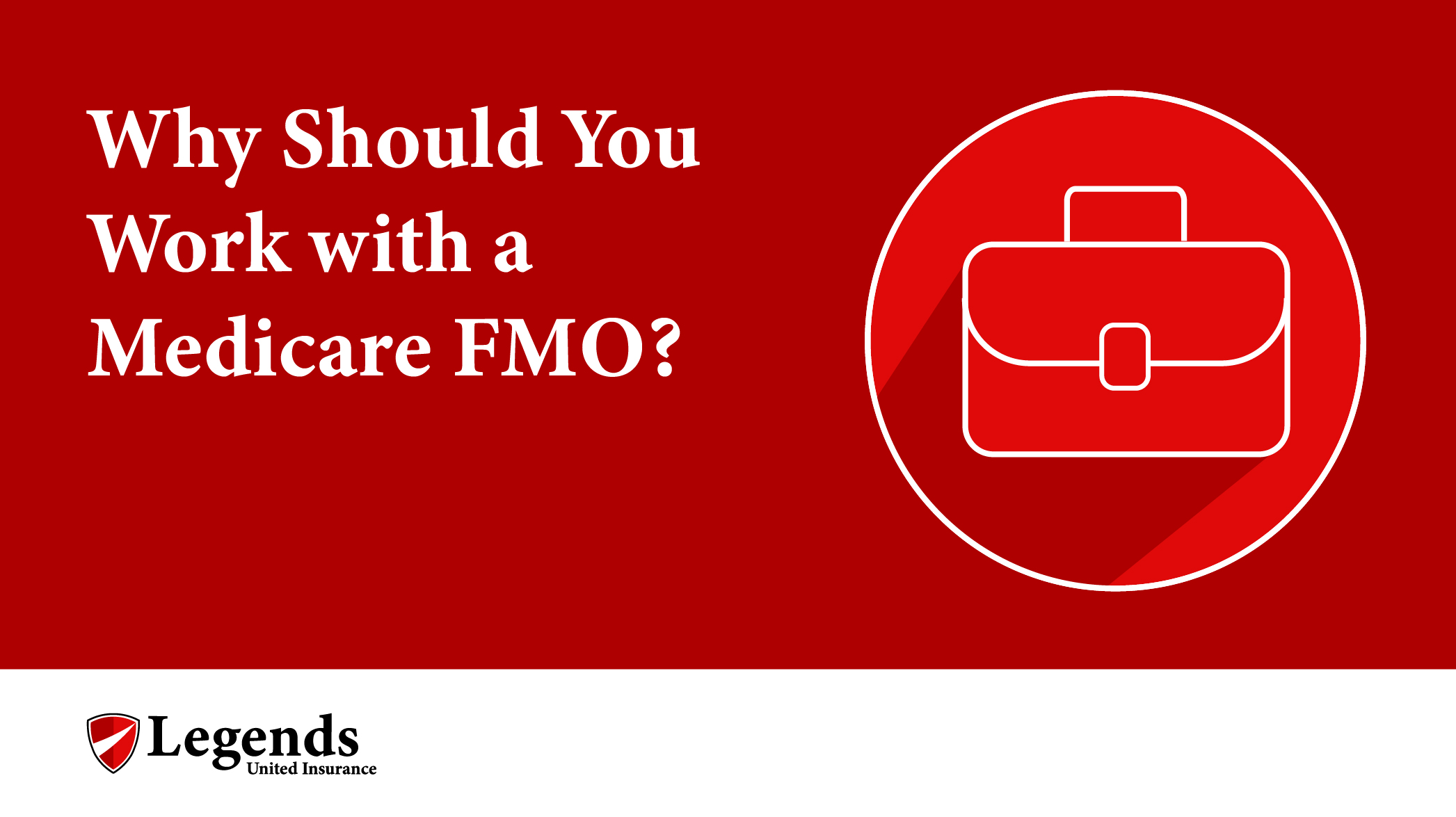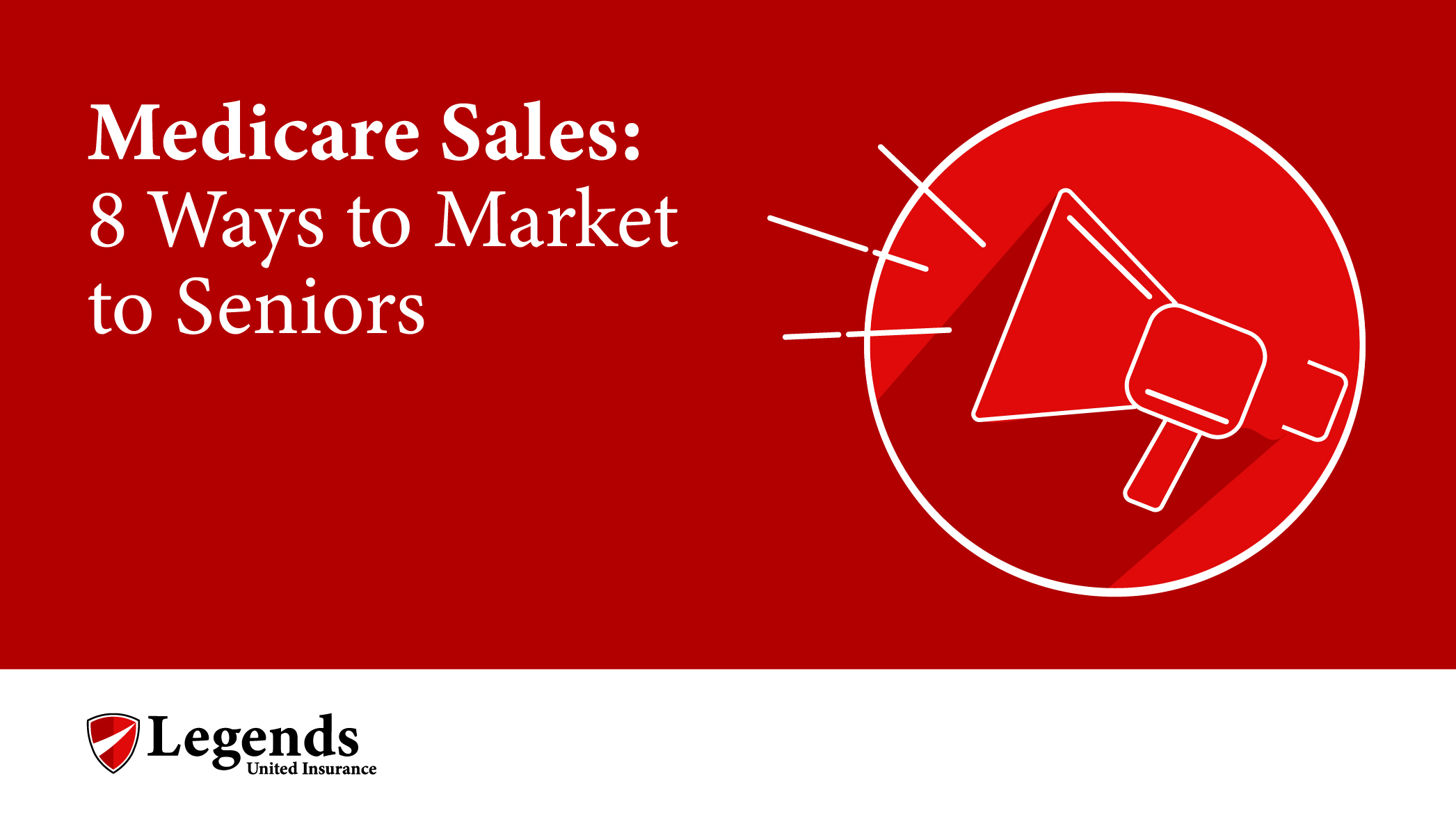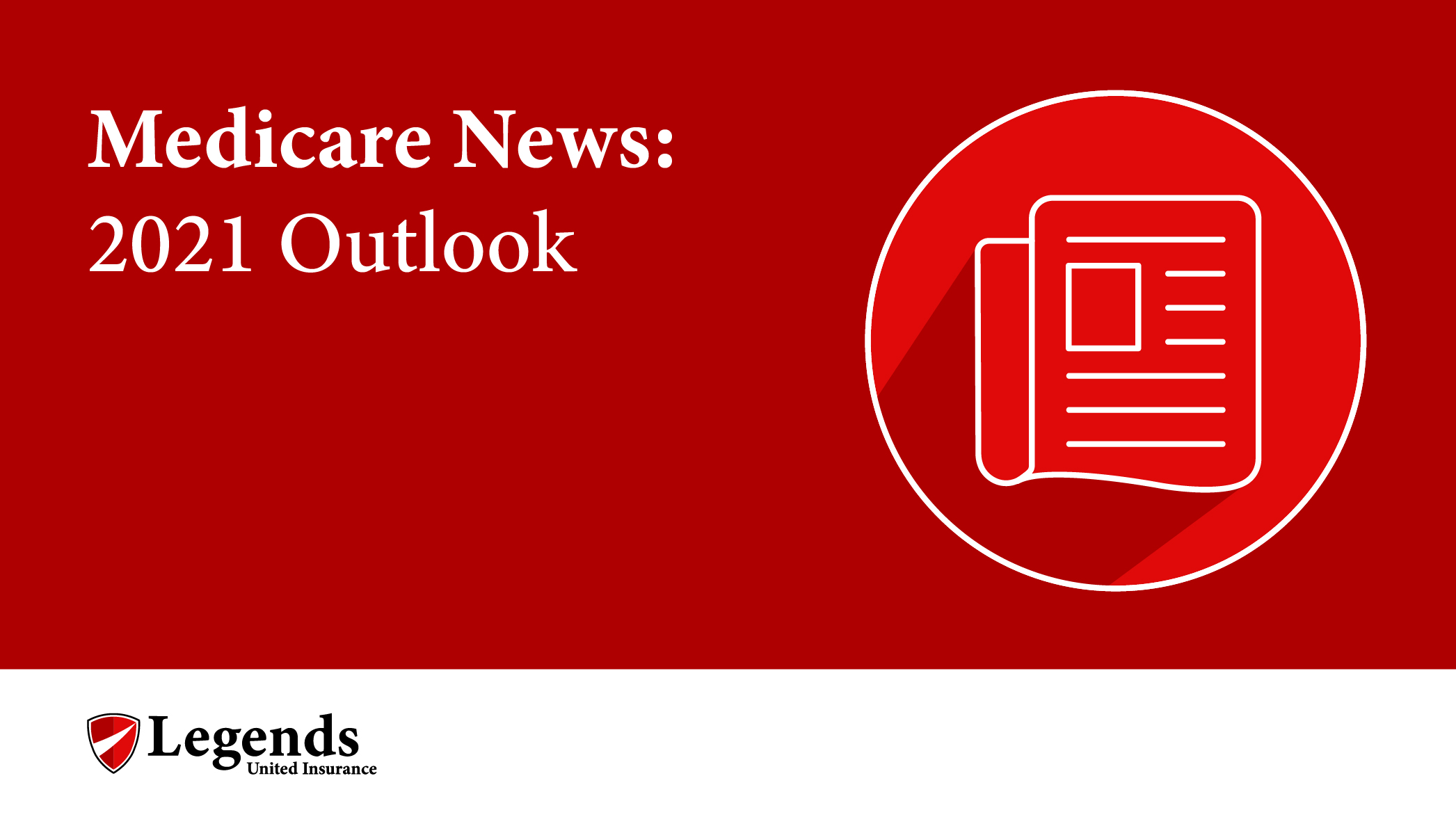
Medicare Extra Help Income Limit
Do you have trouble paying for your Medicare prescription drugs? You’re not alone. Thankfully, Extra Help may be available for people with limited income and resources. Keep reading to find out if you qualify for a low-income subsidy based on the current income limit.
Medicare Out-of-Pocket Costs
As anyone who is enrolled in Medicare can tell you, Medicare isn’t free. Many Medicare enrollees qualify for premium-free Medicare Part A coverage, but they still have to pay premiums for Medicare Part B and Medicare Part D prescription drug coverage. They are also responsible for paying deductibles and copays or coinsurance out of pocket. All of these costs can add up—and some enrollees can’t afford it.
According to Investopedia, research from the Employee Benefit Research Institute found that a man who retired at age 65 in 2020 would need $130,000 for a 90% chance of covering all of his out-of-pocket Medicare costs through retirement. A woman would need even more: $146,000.
Seniors who are living on a fixed income and need to take expensive prescription drugs often struggle with costs. Gallup found that 7.5 million seniors are unable to pay for a medicine that their doctor has prescribed for them.
In some cases, seniors might not take important, potentially life-saving drugs as prescribed by their doctors because they are worried about costs or unable to pay.
If you have a limited income and need help paying for your drug coverage and prescription costs, you need to know about Medicare’s Extra Help program.
What Is Extra Help for Medicare Prescription Drug Costs?
Medicare’s Extra Help program provides low-income subsidies to help qualifying individuals with premiums, deductibles, and copays.
Some people who are enrolled in Extra Help pay nothing for their prescription drug plan premium or deductible. Other people may have these costs reduced. Whether or not you pay anything for coverage depends on your income level.
If you are enrolled in Medicare’s Extra Help, the amount you pay out-of-pocket for each prescription will be limited. In 2021, people receiving Extra Help pay no more than $3.70 for each generic drug and $9.20 for each brand-name covered drug.
Who Qualifies for the Medicare Low-Income Subsidy?
To qualify for Medicare’s Extra Help low-income subsidies, you need to be eligible for Medicare coverage. You must be enrolled in Medicare Part A and Medicare Part B, and you must live in the District of Columbia or one of the 50 states.
You also need to meet the resource and income limits. In 2021, the yearly income limit is $19,320 for an individual and $26,130 for a married couple. The resource limit is $14,790 for an individual and $29,520 for a married couple.
Not everything should be counted when calculating your resources. You should count money that you have in a checking or savings account, as well as any stocks or bonds you own. You should not count the value of your home, one car, your furniture, and household items, or your personal items. You can also exclude the value of a burial plot and up to $1,500 that you have set aside for burial expenses.
The cut-off limits are updated every year, so check for the current thresholds.
How Can I Apply for Extra Help?
If you are enrolled in Medicaid or Supplemental Security Income (SSI) benefits, you will be automatically enrolled in Medicare’s Extra Help program. You should receive a letter on yellow paper telling you that you automatically qualify.
If you don’t qualify automatically, you may still qualify if you submit an application. You can apply for Extra Help directly through the Social Security Administration website.
If your application is approved and you qualify for Extra Help, you will receive a letter on green paper informing you of this. You can apply at any time, so if you need help and think you might qualify, don’t wait. Submit an application as soon as possible so you can start saving!
It’s important to note that applying for Extra Help does not enroll you in a Medicare Part D prescription drug plan. You still need to select a prescription drug plan and enroll in it.
What If I Need Help Beyond the Medicare Prescription Drug Plan?
Medicare’s Extra Help low-income subsidy program helps with prescription drug costs, but it does not help with Medicare Part A or Medicare Part B costs.
If you need more help with these costs, you can see if you qualify for one of the Medicare Savings Programs. These programs include the Qualified Medicare Beneficiary (QMB) Program, the Specified Low-Income Medicare Beneficiary (SLMB) Program, and the Qualifying Individual (QI) Program.
As with Extra Help, eligibility is based on income and resource limits.
- For the 2021 QMB Program, the monthly income limit is $1,094 for an individual and $1,472 for a married couple, and the resource limit is $7,970 for an individual and $11,960 for a married couple.
- For the 2021 SLMB Program, the resource limits are the same, and the monthly income limit is $1,308 for an induvial and $1,762 for a married couple.
- For the 2021 QI Program, the monthly income limit is $1,469 for an induvial and $1,980 for a married couple, again with the same resource limits.
The limits may be higher in Alaska and Hawaii. Additionally, people who are still working may qualify with slightly higher incomes. If you think you might qualify, go ahead and apply. You can do this through your state’s Medicaid office.
Medicare also offers the Qualified Disabled and Working Individual Program, which assists qualifying disabled individuals who have lost their Social Security disability benefits because they returned to work.
What If I Don’t Qualify for Extra Help with Medicare Costs?
Even if you have an income or resources above the limits for Extra Help, you may still struggle the high costs of prescription drugs. Here are a couple of ways you can reduce costs:
Compare your Medicare Advantage Prescription Drug Plan and Medicare Part D options to ensure you’re getting the best coverage for your needs. Enter your prescriptions so you can look at your expected copays, not just the premium.
Ask your doctor if a generic prescription would be appropriate. Brand-name prescriptions can be much more expensive, so switching to generics can save money.
Need advice?
Call (833) 414-5520 to speak to a Licensed Agent.
Want to speak with one of our Licensed Agents today? Click to Call below!

